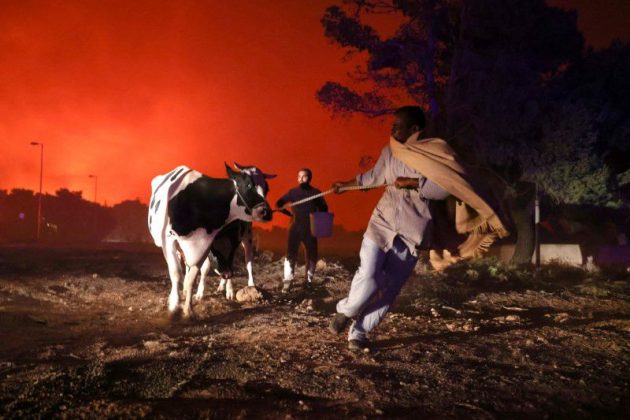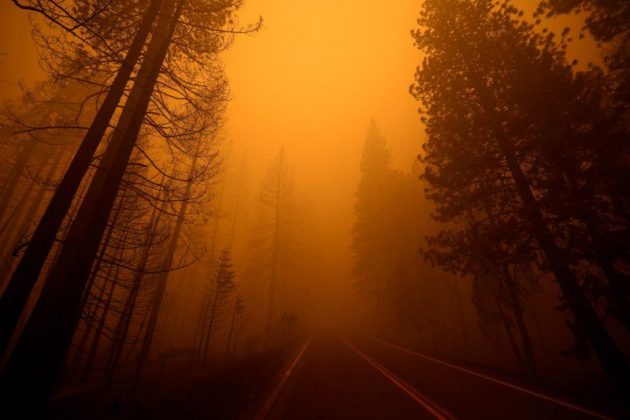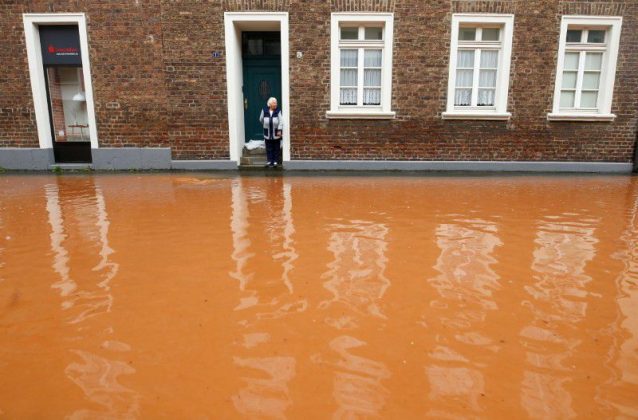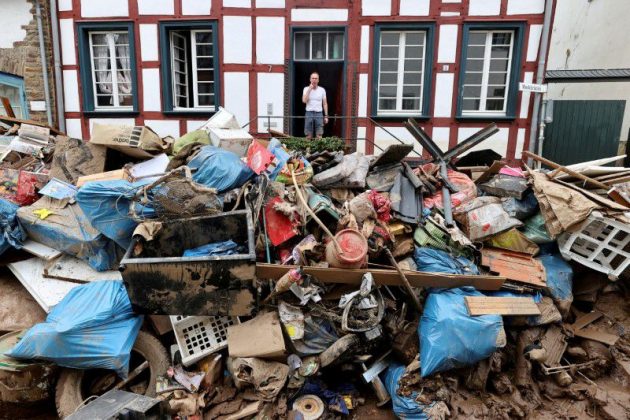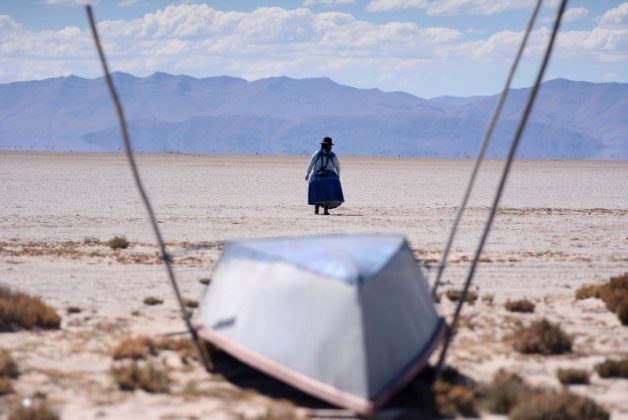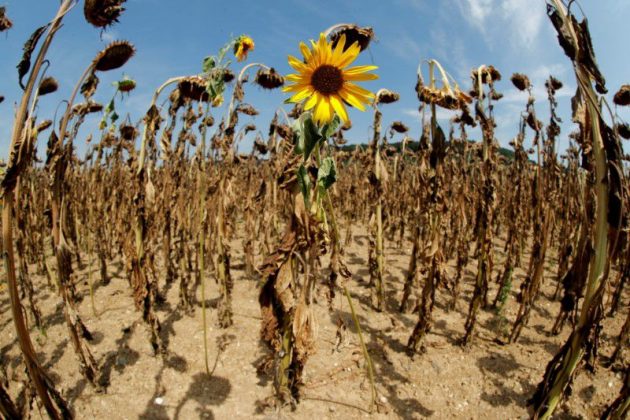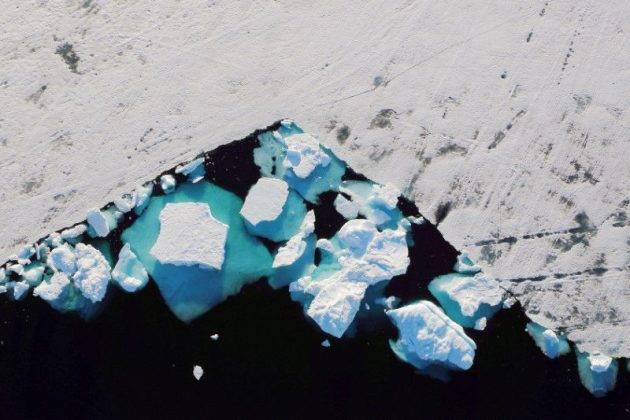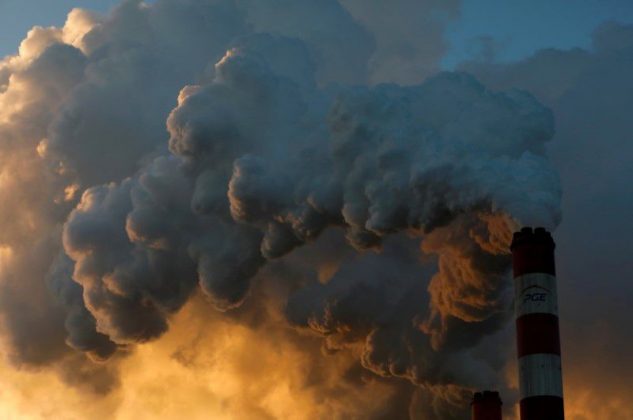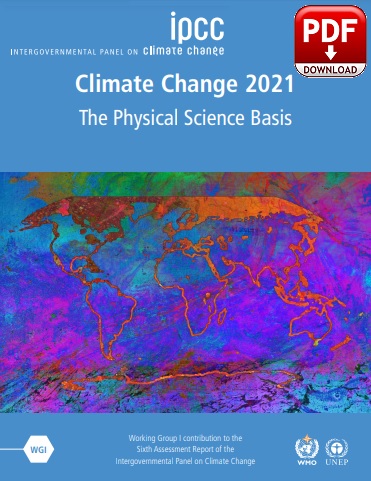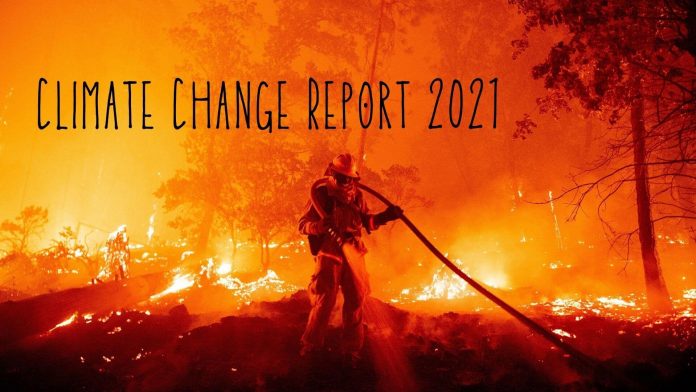
(www.MaritimeCyprus.com) This report provides a high-level summary of the understanding of the current state of the climate, including how it is changing and the role of human influence, the state of knowledge about possible climate futures, climate information relevant to regions and sectors, and limiting human-induced climate change.
Global warming is dangerously close to spiralling out of control, a U.N. climate panel said in a landmark report, warning the world is already certain to face further climate disruptions for decades, if not centuries, to come.
Humans are "unequivocally" to blame, the report from the scientists of the Intergovernmental Panel on Climate Change (IPCC) said. Rapid action to cut greenhouse gas emissions could limit some impacts, but others are now locked in.
The deadly heat waves, gargantuan hurricanes and other weather extremes that are already happening will only become more severe.
U.N. Secretary-General António Guterres described the report as a "code red for humanity".
"The alarm bells are deafening," he said in a statement. "This report must sound a death knell for coal and fossil fuels, before they destroy our planet."
In three months, the U.N. COP26 climate conference in Glasgow, Scotland, will try to wring much more ambitious climate action out of the nations of the world, and the money to go with it.
Drawing on more than 14,000 scientific studies, the IPCC report gives the most comprehensive and detailed picture yet of how climate change is altering the natural world - and what could still be ahead.
Governments and campaigners reacted to the findings with alarm.
U.S. President Joe Biden tweeted Monday: "We can’t wait to tackle the climate crisis. The signs are unmistakable. The science is undeniable. And the cost of inaction keeps mounting."
The report says emissions "unequivocally caused by human activities" have already pushed the average global temperature up 1.1C from its pre-industrial average - and would have raised it 0.5C further without the tempering effect of pollution in the atmosphere.
A rise of 1.5C is generally seen as the most that humanity could cope with without suffering widespread economic and social upheaval.
The 1.1C warming already recorded has been enough to unleash disastrous weather. This year, heat waves killed hundreds in the Pacific Northwest and smashed records around the world. Wildfires fuelled by heat and drought are sweeping away entire towns in the U.S. West, releasing record carbon dioxide emissions from Siberian forests, and driving Greeks to flee their homes by ferry.
Further warming could mean that in some places, people could die just from going outside.
Some changes are already "locked in". Greenland’s sheet of land-ice is "virtually certain" to continue melting, and raising the sea level, which will continue to rise for centuries to come as the oceans warm and expand.
But even to slow climate change, the report says, the world is running out of time.
If emissions are slashed in the next decade, average temperatures could still be up 1.5C by 2040 and possibly 1.6C by 2060 before stabilising.
And if, instead the world continues on its the current trajectory, the rise could be 2.0C by 2060 and 2.7C by the century’s end.
It could get even worse, if warming triggers feedback loops that release even more climate-warming carbon emissions -- such as the melting of Arctic permafrost or the dieback of global forests.
Under these high-emissions scenarios, Earth could broil at temperatures 4.4C above the preindustrial average by the last two decades of this century.
Click on below image to download full Report 2021 on Climate Change (please note that it is 3949 pages):
Source: United Nations





